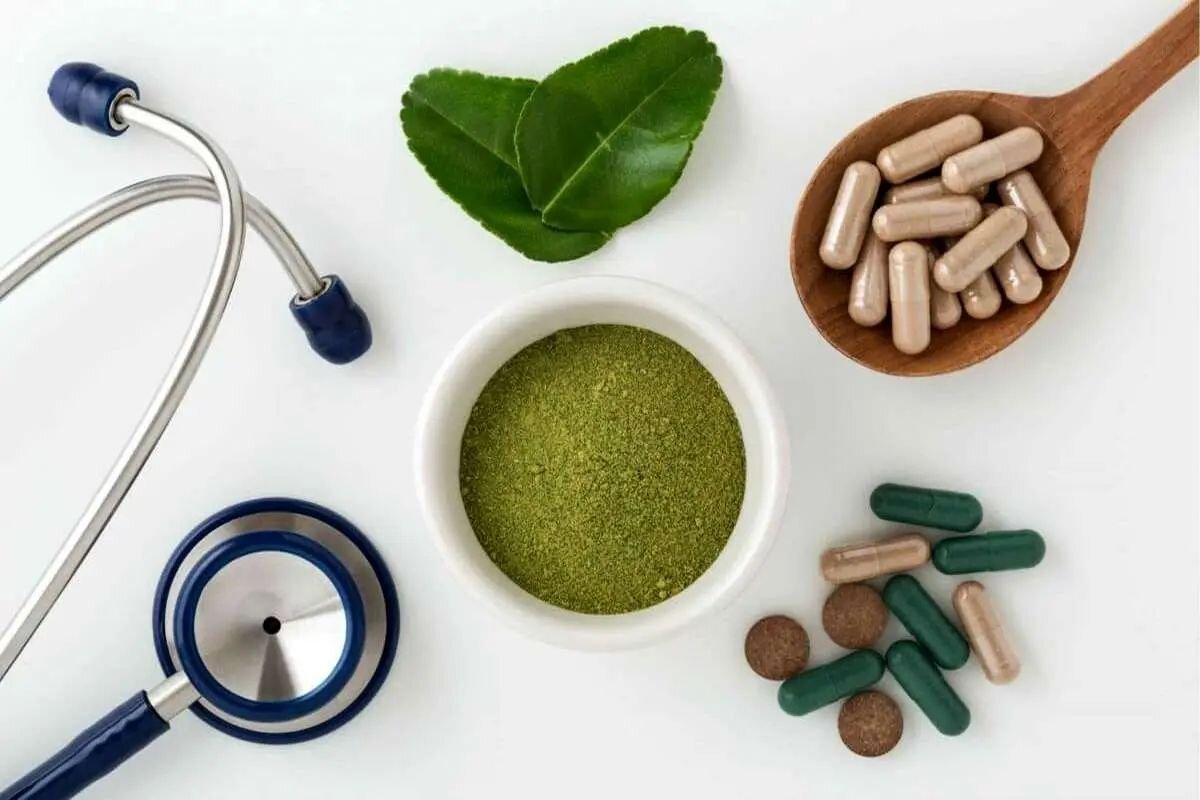First national congress on traditional medicine slated for May

TEHRAN –The first national congress on traditional medicine is scheduled to be held in Tehran from May 29 to 31.
The use of traditional medicine along with conventional medicine can highly enhance the health of the society, Mehr news agency quoted Roshanak Mokabberi-Nejad, the secretary of the first congress, as saying.
Referring to the fact that many people are interested in benefiting both from conventional and traditional medicines, she said that the main goal of the congress is to promote a better understanding of traditional medicine, and to boost collaboration between specialists in different fields of medicine.
Lifestyle-based medicine; Preventive and personalized medicine; Food, nutrition, nutraceuticals, and culinary medicine; Traditional, herbal, and natural products; Massage and manual therapy; Artificial intelligence and Persian medicine development; Systems medicine and integrated medicine are among the key topics of the congress.
The congress also aims to globalize Iranian medicine by showcasing the latest achievements and findings to scientific communities worldwide.
Health maintenance, disease prevention
Iranian traditional medicine strongly focuses on prioritizing health maintenance and disease prevention over treatment.
It is one of the most ancient forms of traditional medicine. It is grounded in the concept of four senses of humor: phlegm (Balgham), blood (Dam), yellow bile (Safra'), and black bile (Sauda'). The concept of the four senses of humor is based on the teachings of Rhazes and Avicenna in an elaborate medical system.
So far, about 30,000 plant species have been identified in the world, with Iran's share of about 8,000 species which is more than the whole of species found in Europe.
The per capita consumption of medicinal plants in Iran is about one kilogram of dried plants, in other words, 83,000 tons of medicinal plants worth 1.2 trillion rials (around $4 million) are consumed in the country, while in Europe this amount is 900 grams and in the United States is 2.5 kilograms.
People highly welcome traditional medicine
On January 7, Nafiseh Hosseini-Yekta, the director of the health ministry’s Persian medicine office, said surveys show that more than 80 percent of people in the country intend to benefit from Iranian traditional medicine, ILNA reported.
Their interest in traditional medicine has never faded, she said, adding that traditional medicine is being taught in universities.
Traditional medicine has its roots in the culture, customs, and traditions of Iranians and has always been of interest to them, the official highlighted.
With over 500 graduates in the field and numerous research articles that have been published, the country has been able to improve its position by being ranked fourth in the production of science in the field of traditional medicine in the world, following China, India, and the United States.
She went on to say that traditional medicine and conventional medicine are complementary. Each of these medicines has unique capabilities that can be used together.
But it can only be prescribed by someone who has fully mastered both fields.
Unfortunately, extremists threaten people's health by either misusing their interest in traditional medicine or depriving them of the right to use the indigenous medicine of the country along with conventional medicine.
Draft on traditional medicine strategy
In November 2023, Iran attended the World Health Organization’s consultative sessions on developing a draft of a new traditional medicine strategy as the only representative from West Asia.
The event took place from November 27-30, 2023 in Geneva, Switzerland, IRIB reported.
Arman Zargaran, Iran's advisor to the traditional medicine office at the Ministry of Health, participated in the event at the invitation of the WHO headquarters in Geneva.
The International Regulatory Cooperation for Herbal Medicines Unit of WHO, WHO-IRCH, invited 20 experts in the field of traditional medicine from all over the world to develop a draft of traditional medicine strategy for the period 2025-2034.
The invited experts were from China (3 representatives), Australia, Canada, Switzerland, (2 representatives each), Iran, Malaysia, England, South Korea, South Africa, Ghana, Norway, Thailand, Philippines, Brazil, and India (1 representative each).
Within 3 days of intensive work, the entire initial draft was reviewed in the presence of Rudi Eggers, WHO Director of Integrated Health Services, and Kim Sungchol, head of the WHO Traditional Complementary and Integrative Medicine Unit.
MT/MG
